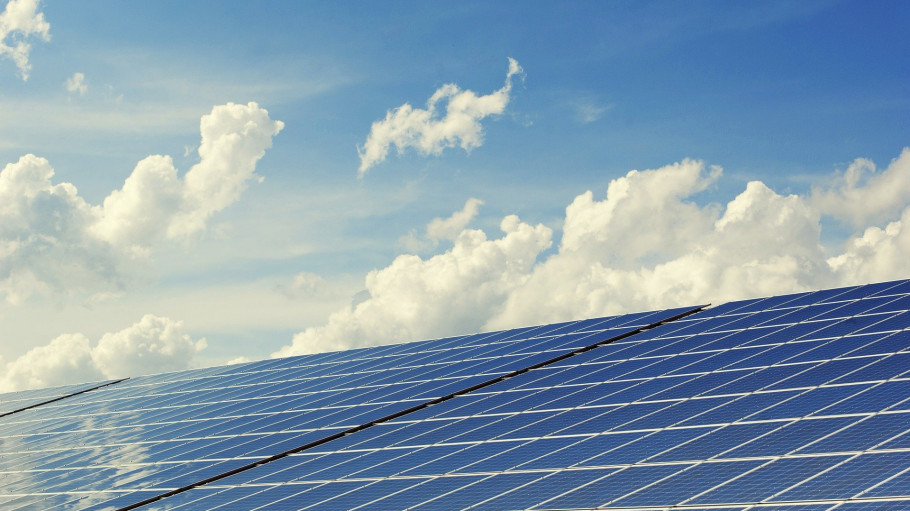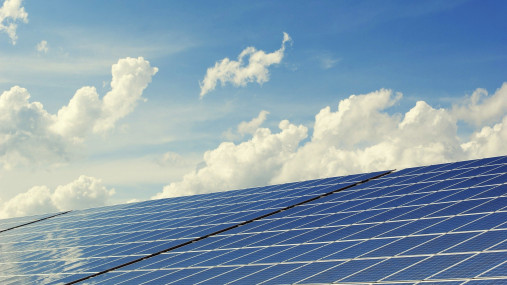
Publications » Position papers » Sustainable finance taxonomy update
Sustainable finance taxonomy update
Downloads and links
Recent updates

EUROFER welcomes the legislative proposal to mobilise investments in the EU in view of achieving the Paris Agreement and Europe’s 2030 & 2050 climate goals. Achieving these goals will require massive transformative investments for development, demonstration and scaling up of new technologies in a relatively short period of time. Therefore, the proposed EU taxonomy should not hinder innovation and the transition of the European steel industry to climate neutral and circular economy. The issue of up-scaling projects to industrial scale needs to be at the center of ongoing policy discussions, including access to finance, awareness of risks and benefits, long-term
predictable policy frameworks, etc.
By 2050, the steel industry hopes to have shifted from high dependence on fossil energy and raw materials to become a low-carbon energy-based sector integrally part of the circular economy. The aim is, by this time, to emit at least 80% less CO2 compared to 1990 levels. Europe will be a leading provider of low-carbon products, services and technologies worldwide - access to investment will
be key to making this successful.

Download this publication or visit associated links
Joint Industry Statement
Brussels, 11 February 2026 - The European Steel Association (EUROFER) has backed a call to action adopted by European companies and industries in Antwerp today, which includes a demand on the EU to take urgent action to bring electricity prices down as a condition for Europe’s industrial drive, competitiveness and economic resilience.
The automotive value chain is of vital importance to the EU steel industry and requires an integrated approach to realising the decarbonisation transition in a pragmatic way.